The Ukrainian Bar Association held XVI Corporate Law Forum
On October 6, 2023, the XVI Corporate Law Forum, organized by the Ukrainian Bar Association, took place in Kyiv, Ukraine.
The event was opened by Mykola Stetsenko, UBA President, Managing Partner at AVELLUM. In his welcome speech, he emphasized that Ukraine has something to offer to the world in terms of investment instruments in our country. Mr. Stetsenko noted that the creation and operation of companies in Ukraine can, in many cases, be simpler and more flexible than in many Western partner countries. The President of the Association also highlighted the improvement of Ukrainian legislation over the recent period.
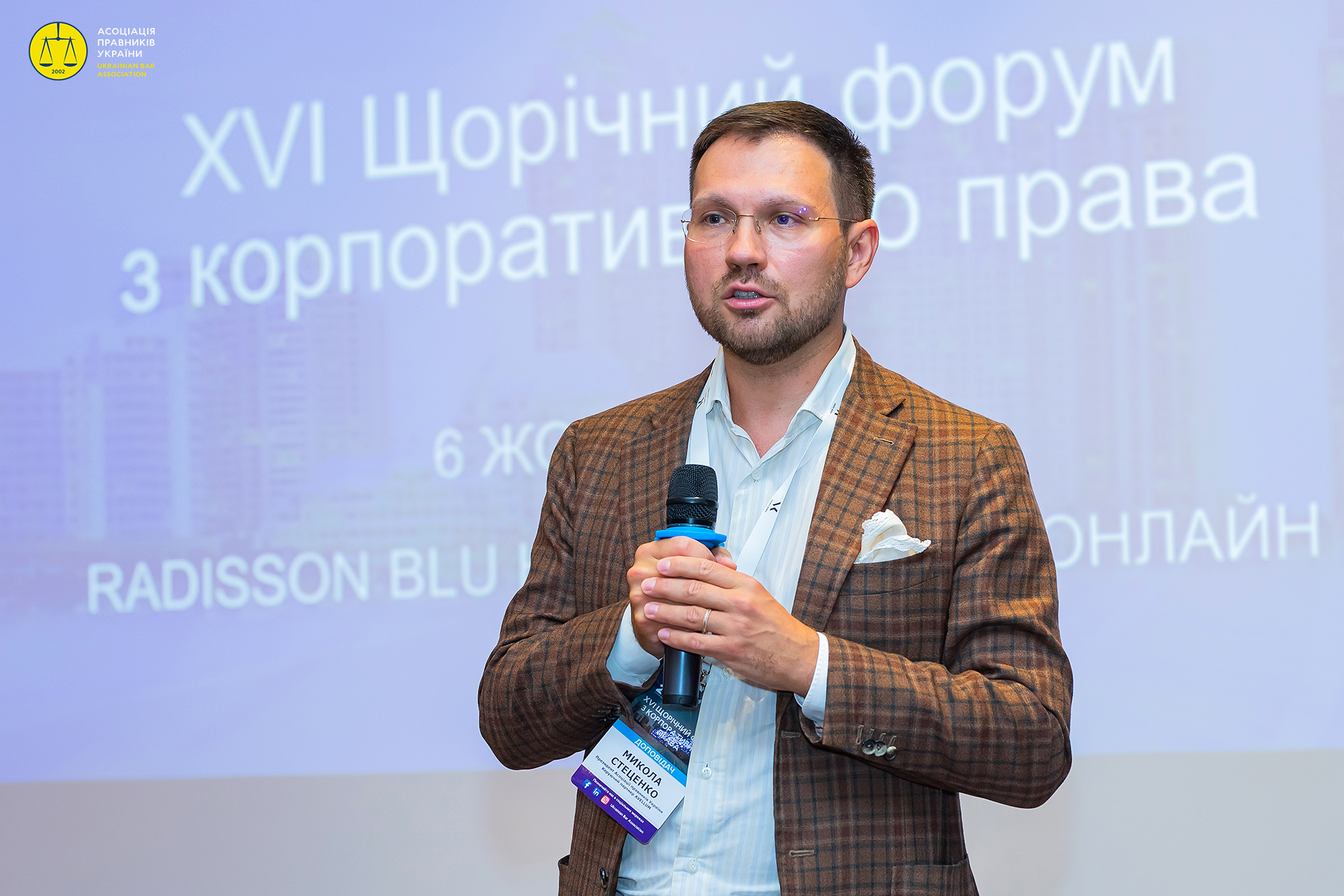
Speakers of the first session, titled "Upcoming Changes," discussed the issues of recodification of civil legislation, adaptation of Ukrainian legislation to the provisions of EU law, as well as the current state and prospects of regulating joint investment institutions (corporate and share funds).
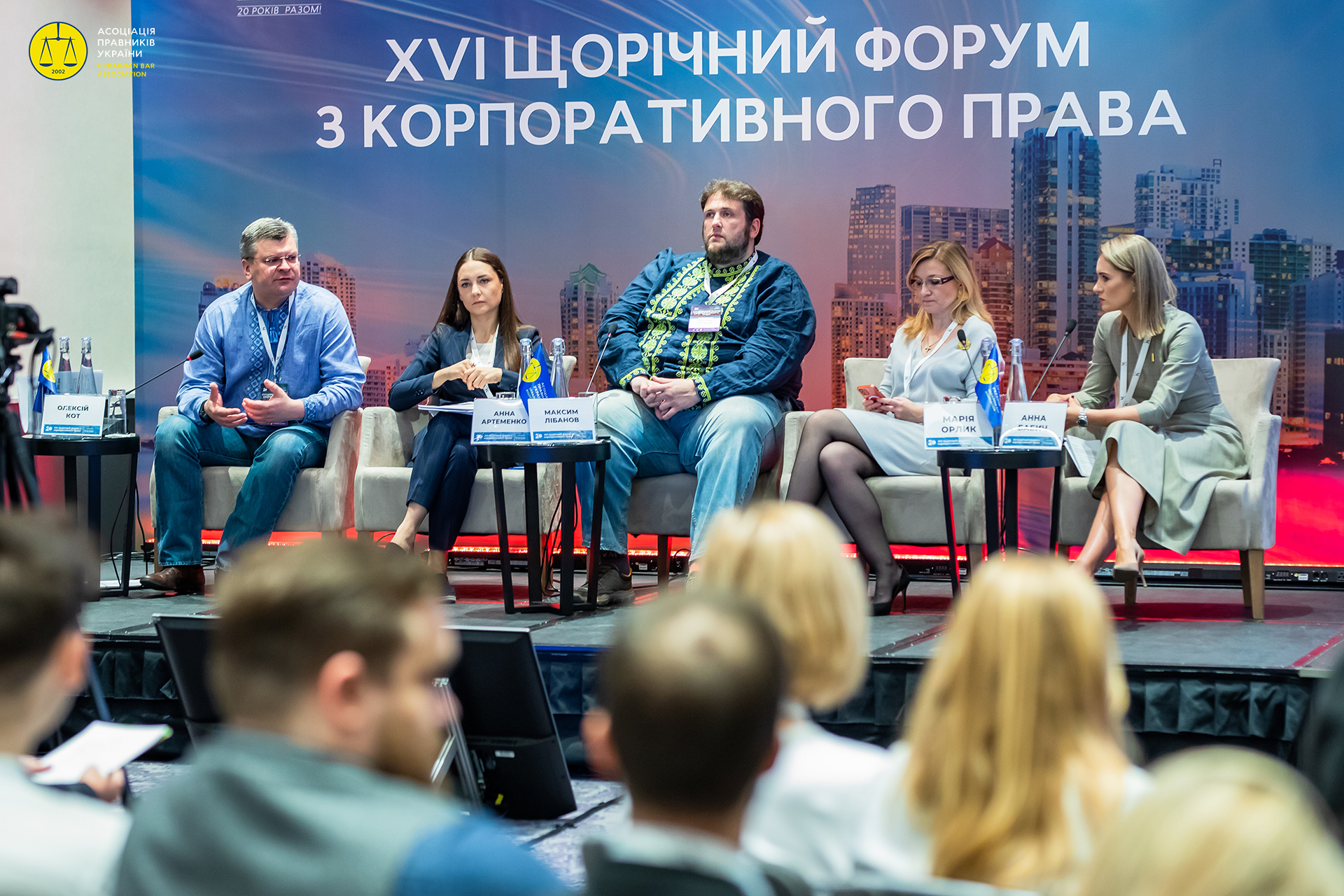
The session was moderated by Anna Babych, Executive Partner, Head of Corporate Law, M&A Practices at AEQUO, and Maria Orlyk, Managing Partner at CMS Ukraine (CMS Reich-Rohrwig Hainz).
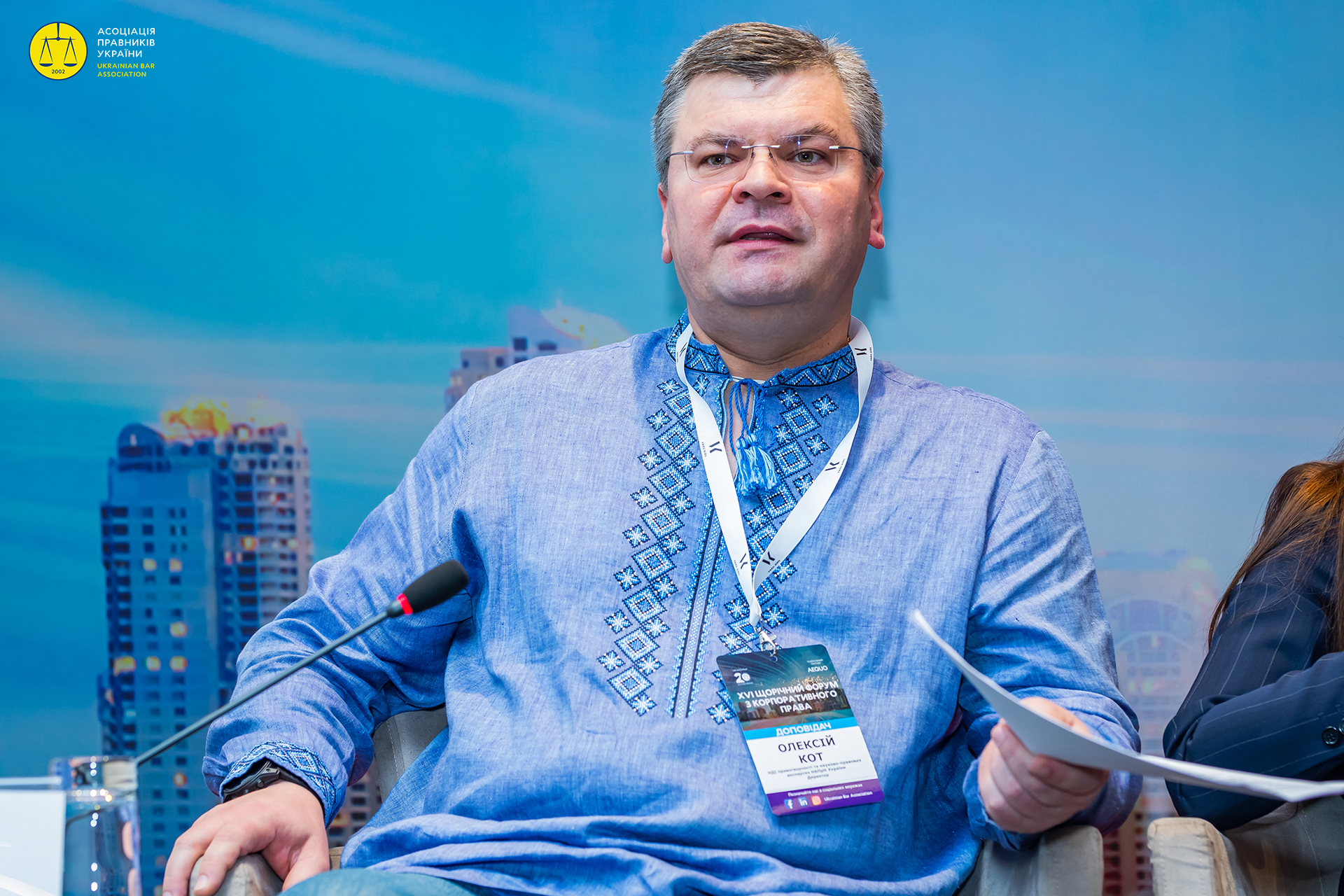
Oleksiy Kot, Deputy Chairman of the working group on updating civil legislation, Director of the Research Institute of Legislation and Scientific and Legal Expertise of the National Academy of Legal Sciences of Ukraine, Professor, Doctor of Law, Corresponding Member of the National Academy of Legal Sciences of Ukraine, Honored Lawyer of Ukraine, focused on draft law No. 6013, also known as the "killer of the Economic Code of Ukraine." According to Mr. Kot, the idea of the draft law is to preserve the framework of the Economic Code but not to proliferate numerous organizational and legal forms of enterprises that currently exist. Members of parliament have submitted more than 1,000 proposals to draft law No. 6013. Alexei Kot expressed hope that the consideration of these proposals would be completed within two meetings of the working group.

Anna Artemenko, Head of the Office for Supporting the Adaptation of Ukrainian Legislation to the Provisions of EU Law, talked about the adaptation of Ukrainian corporate law to the provisions of EU law after the country received the status of a candidate for EU membership last year. She noted that the focus of Eurointegration on this issue was exclusively on the bilateral trade agreement between Ukraine and the EU. Now Ukraine needs to start the implementation process, including legislation, which is new and not provided for by the agreement's obligations. According to Mrs. Artemenko, Ukraine's integration commitments, according to the agreement, are divided into three blocks — protection of the rights of shareholders, creditors, etc., obligations regarding accounting and the development of corporate governance practices.
Anna Artemenko also reported that two assessments of the adaptation of Ukrainian legislation to EU requirements — an external one from the European Commission and an internal one from the Cabinet of Ministers of Ukraine (self-screening) — are expected soon.
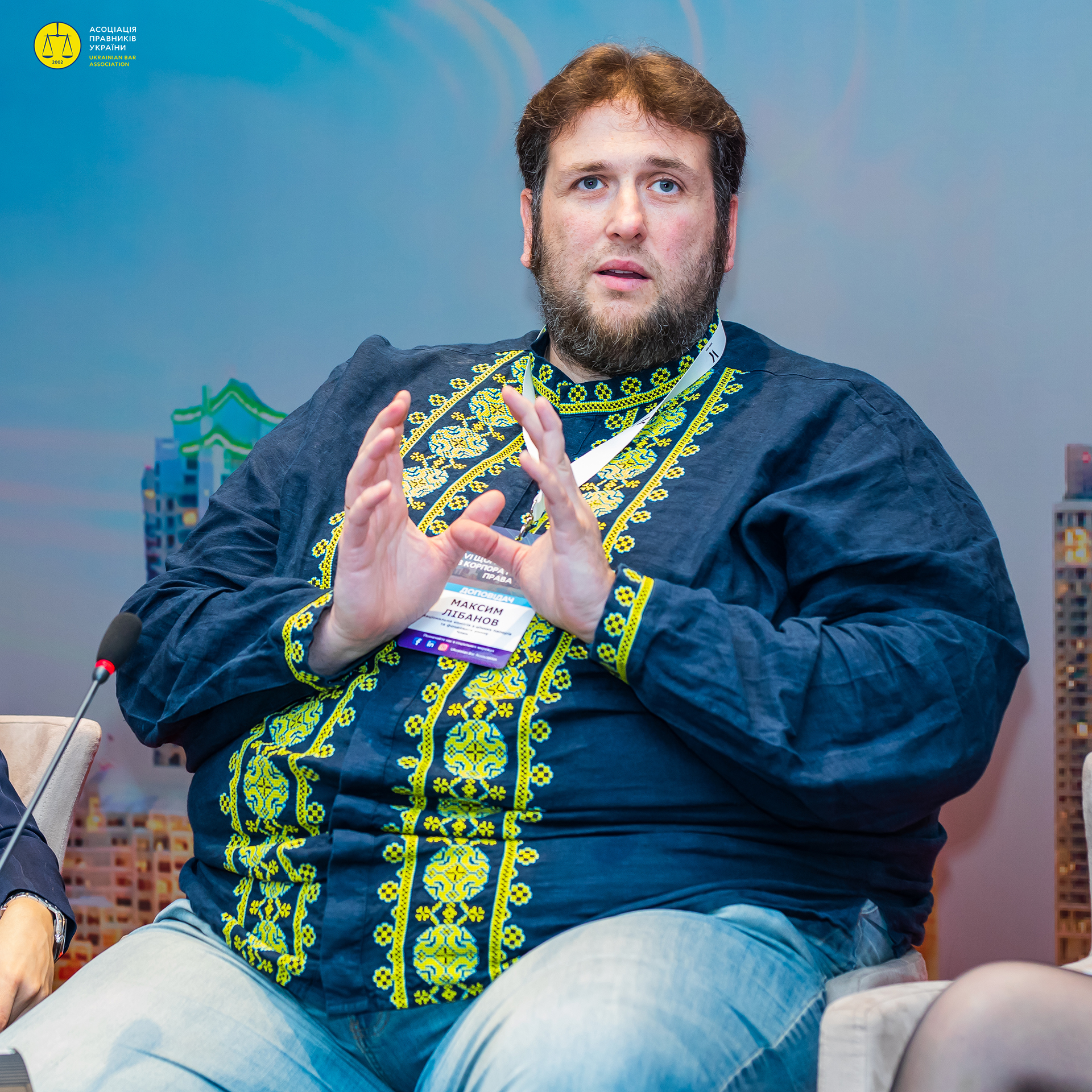
Maksym Libanov, a member of the National Securities and Stock Market Commission, noted that the new law on joint-stock companies has made significant changes, particularly in matters related to the rights of shareholders. At the same time, according to him, one unresolved issue remains with the directive on the rights of shareholders, namely, with its section related to situations where institutional investors, such as investment funds or the Pension Fund, are shareholders. In such cases, institutional investors are subject to additional requirements for the exercise of their rights as shareholders. The question is how such investors should exercise their rights considering that they are effectively nominal shareholders, as the real owners of the shares are the investors of those investment funds managed by the respective asset management company.
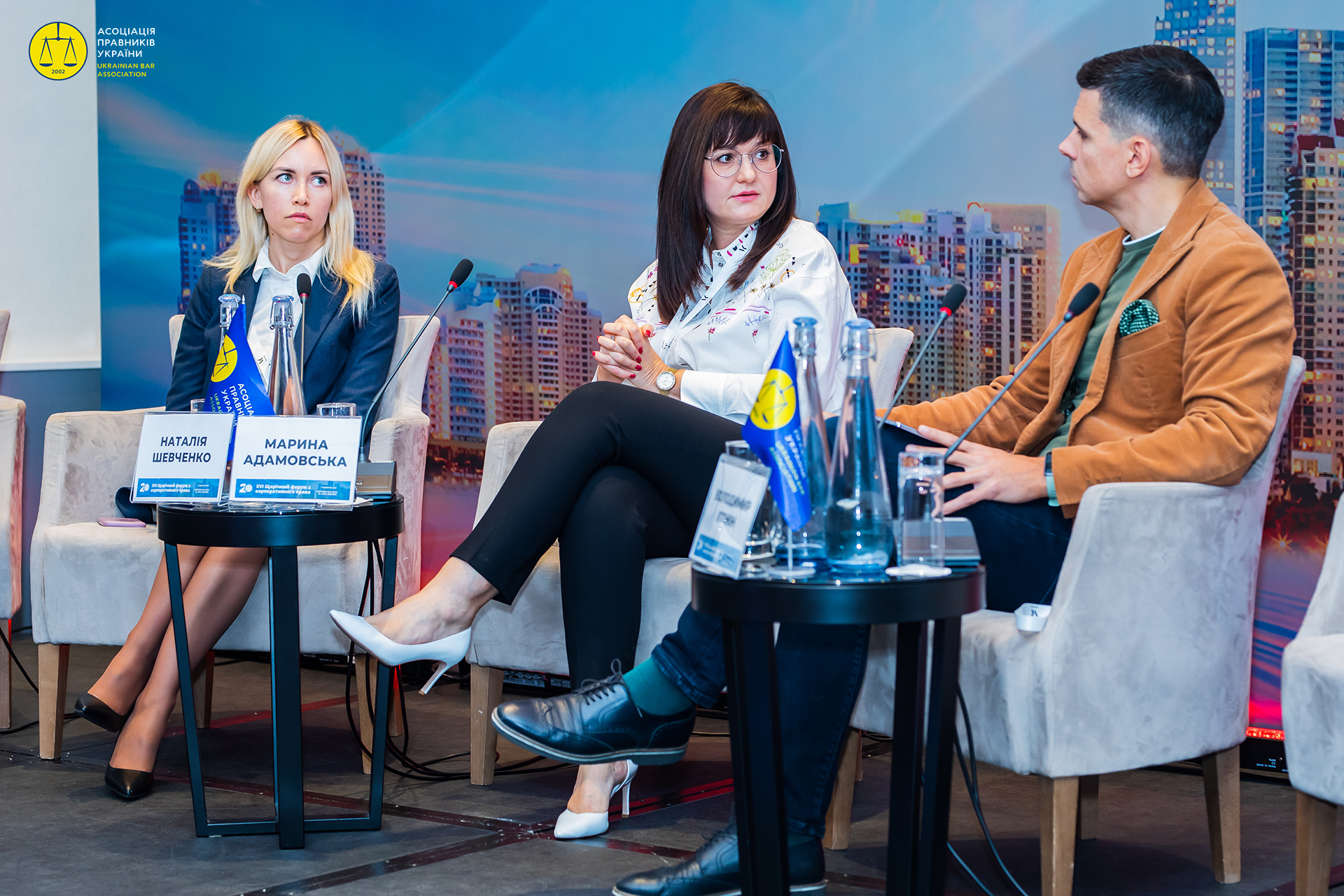
As part of the forum, an interview with the team of the National Depository of Ukraine (NDU) took place. Volodymyr Igonin, Partner, Head of Corporate Practice at Vasil Kisil and Partners, spoke with Maryna Adamovska, a member of the NDU Board, and Nataliia Shevchenko, Head of the Methodology and Corporate Relations Department of the NDU. They, among other things, talked about the service for recording LLC shares in the Central Depository, which the institution plans to launch from the beginning of 2024.
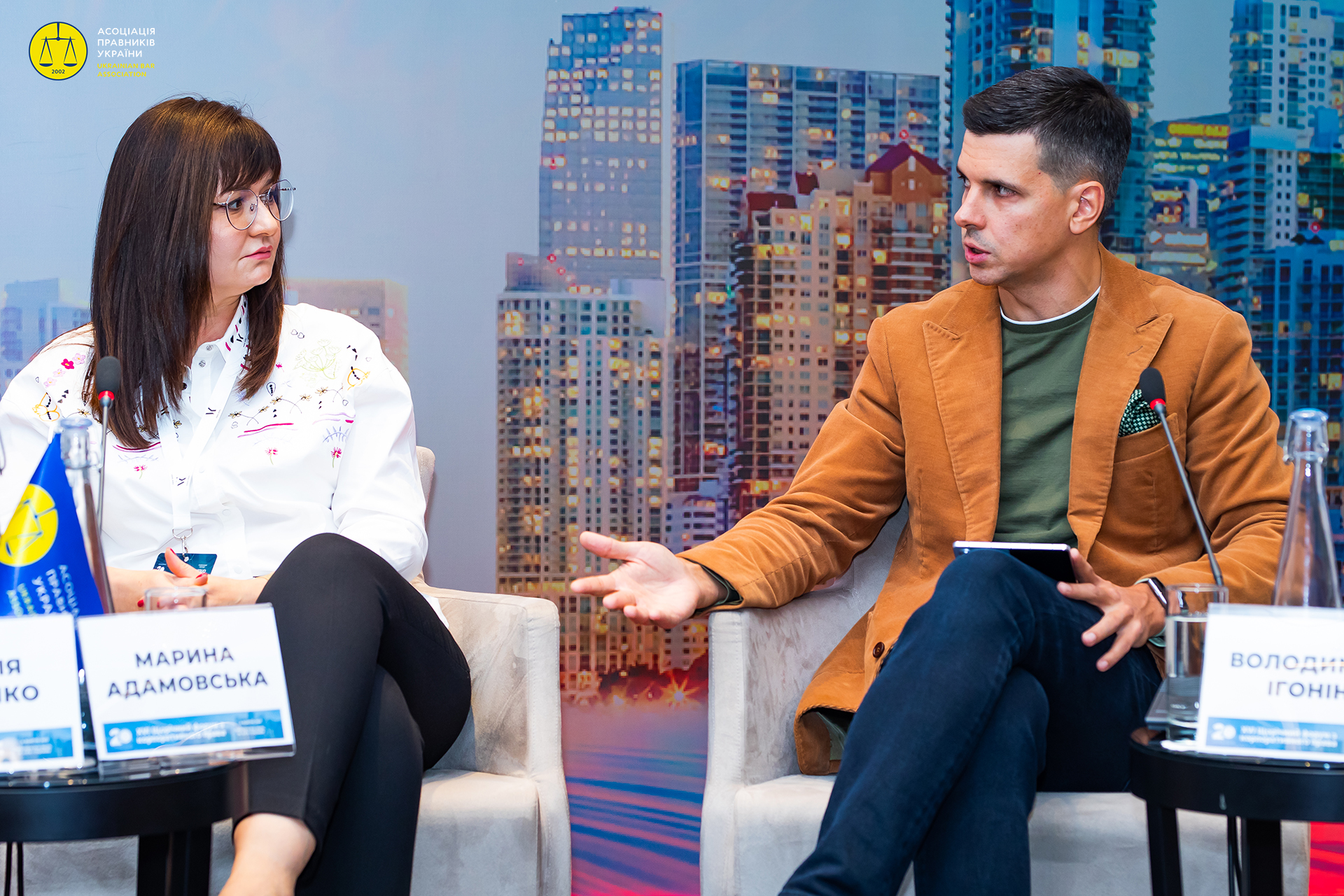
According to Ms. Adamovska, negotiations are still ongoing between the NDU and representatives of the Unified State Register of the Ministry of Justice of Ukraine. It is expected that banks may be the first to offer this service to their clients.
The NDU service for recording LLC shares will include, among other things:
- storage of shares;
- recording the fact of an increase/decrease in capital;
- payment of dividends;
- communication of LLCs with participants.

E-voting, smart contracts, the use of blockchain-based technologies in corporate relations, modern technologies, and M&A — these and other issues were discussed by participants in the second session of the forum dedicated to corporate law and technologies. The session was moderated by Maria Orlyk, Managing Partner at CMS Ukraine (CMS Reich-Rohrwig Hainz).
Maksym Libanov, a member of the National Securities and Stock Market Commission, talked about how the Commission, after the start of the full-scale war, studied the foreign experience of holding general meetings of joint-stock companies without the physical presence of participants. This experience was applied in the new version of the Law of Ukraine "On Joint-Stock Companies" in the form of an e-voting mechanism.
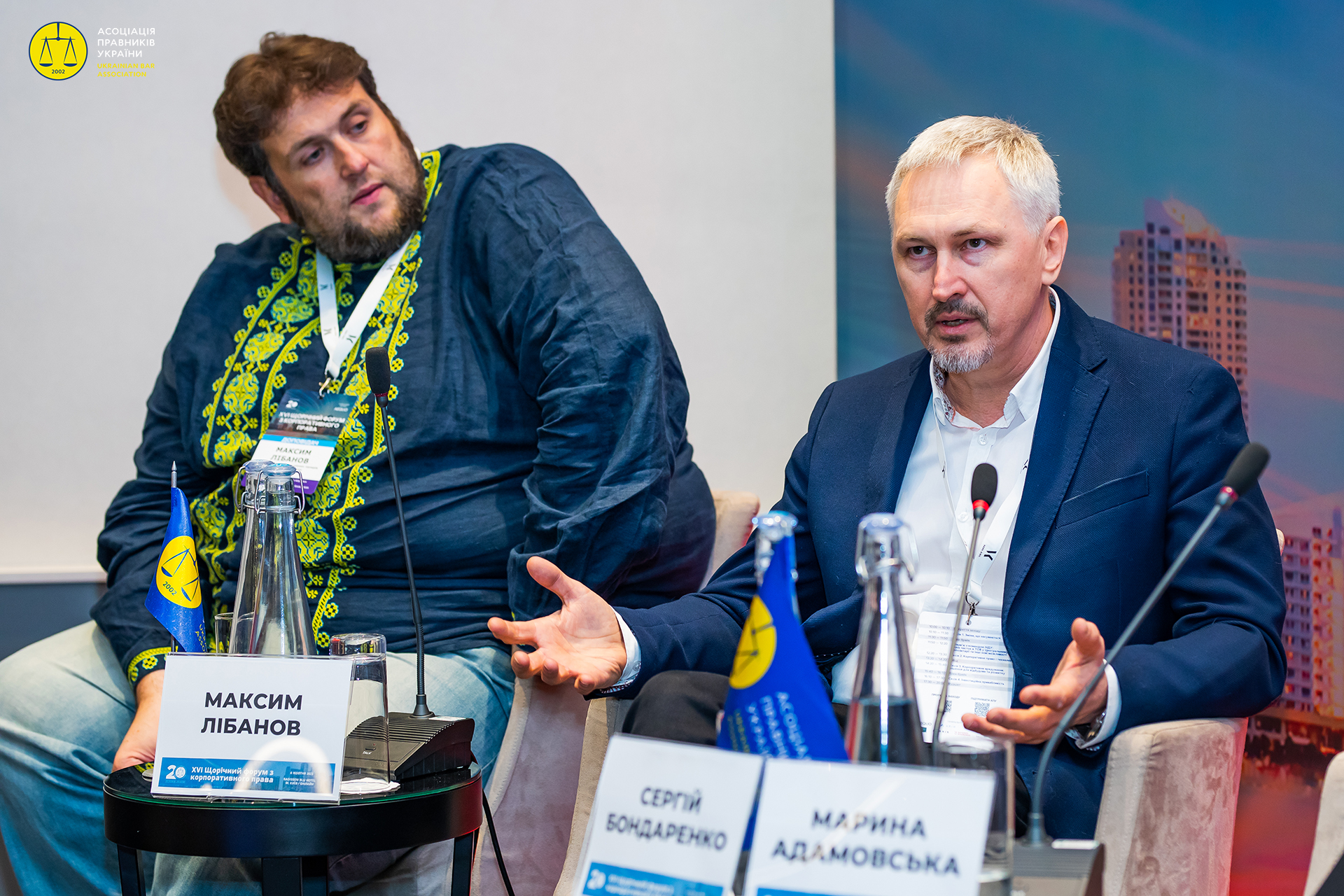
Sergiy Bondarenko, an advisor to the Ministry of Foreign Affairs of Ukraine on digital transformation, focused on the topic of smart contracts based on blockchain technology. He emphasized that the legal community should study modern digital technologies, including contemporary cryptography, as they form the basis of the future legal infrastructure. The expert also suggested that, at some point, traditional shares might be replaced by tokenized shares that can be managed as digital assets in an electronic wallet.
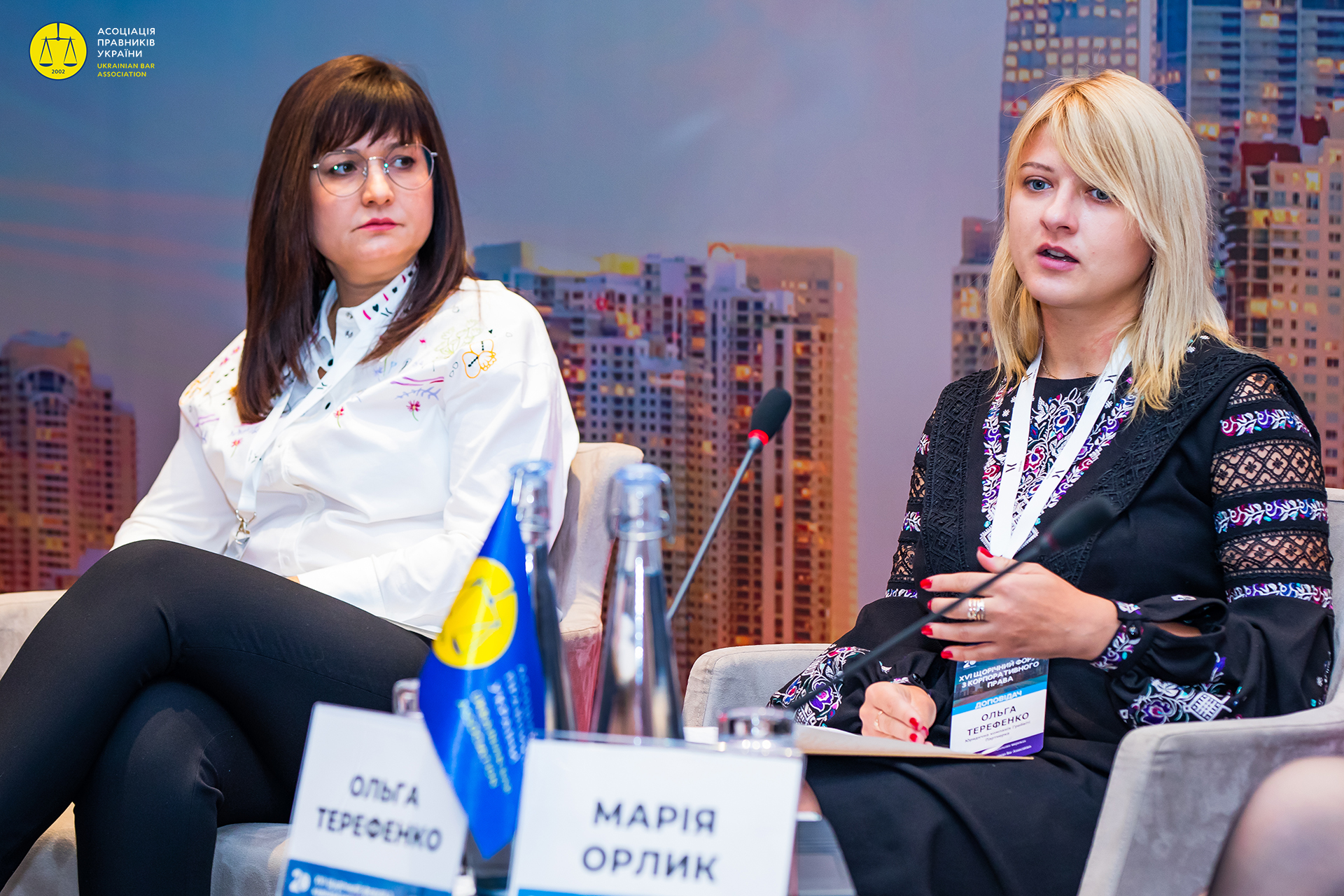
Olga Terefenko, Partner at Gravity Law Firm, emphasized that lawyers should adapt to new realities just like their clients. She noted that in the past, systems like LIGA and YouControl were considered progressive, and now they are convenient and familiar tools in the daily practice of many lawyers.
Maryna Adamovska, a member of the Board of the National Depository of Ukraine, also joined the discussion of the second session.
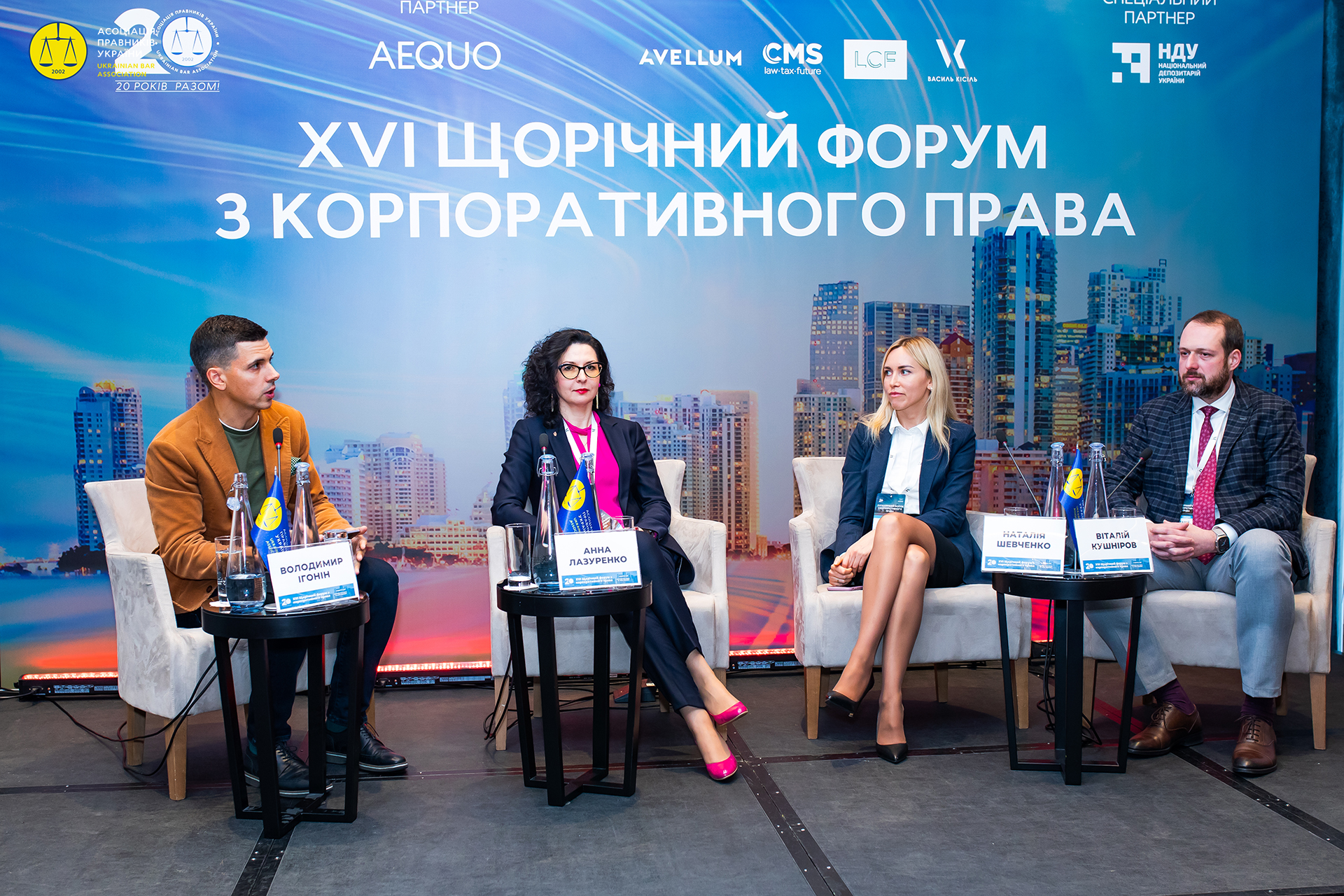
The third session of the forum, "Corporate Governance: Solutions for Reconstruction and Development," was moderated by Volodymyr Igonin, Partner at Vasil Kisil and Partners, a member of the Board of the Professional Association of Corporate Governance. The session experts discussed the following issues:
- New OECD principles and other trends worldwide.
- Unitary model and boards of directors: the first experience in Ukraine.
- Corporate governance in state-owned and municipal enterprises.
- Corporate secretaries: new requirements.

Olyana Gordiyenko, ex-Chair of the Supervisory Board of UkrEximBank, Corporate Governance Advisor at ICU Group, noted that the first legislative reform regarding corporate governance aimed to clearly delineate the functions of the owner, regulatory bodies, and others. According to her, the next step should be addressing the existing problems that arose during the first wave of reform, but this has not happened.
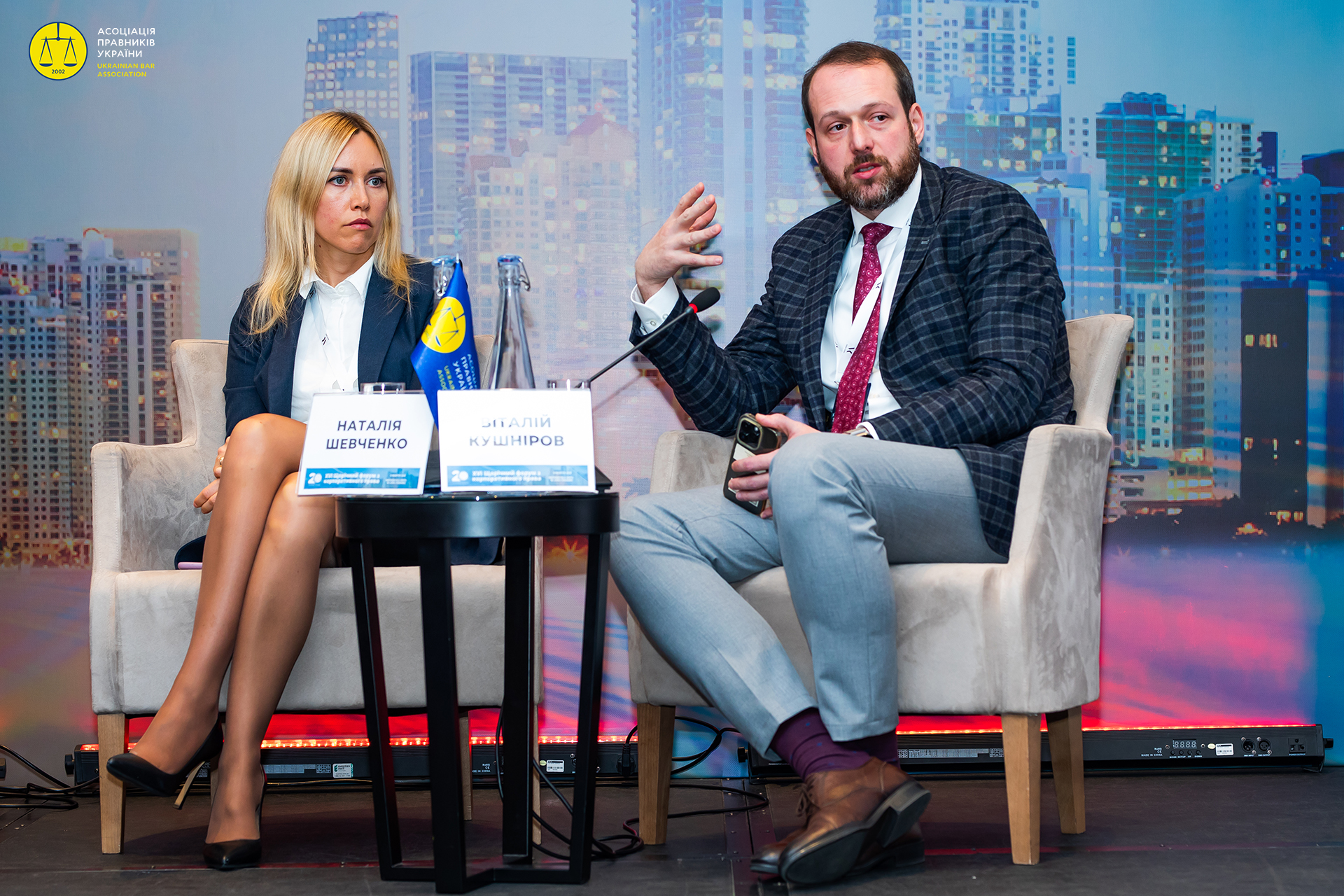
Vitalii Kushnirov, a member of the Supervisory Board of UkrHydroEnergo, talked about the creation of a new committee in the company's supervisory board responsible for strategic and sustainable development issues, including those related to environmental risks. Additionally, during the full-scale war, an automated risk assessment system is being implemented in UkrHydroEnergo to address questions related to the environment.
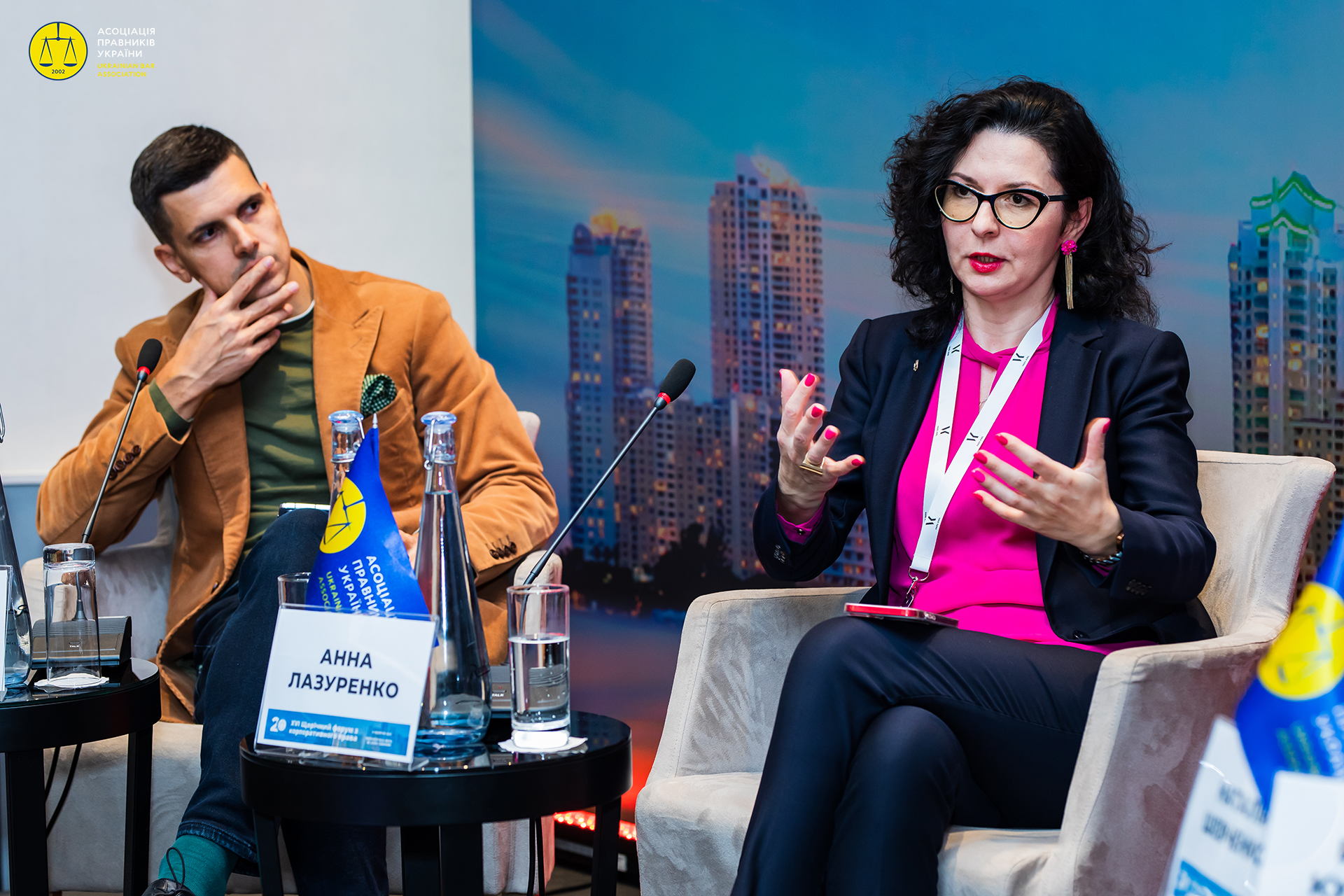
Anna Lazurenko, Legal Director of Nibulon, shared how Andriy Vadaturskyy applied a unitary model of corporate governance in managing the company he inherited after the tragic death of his father, Oleksiy, due to a Russian missile strike last year.
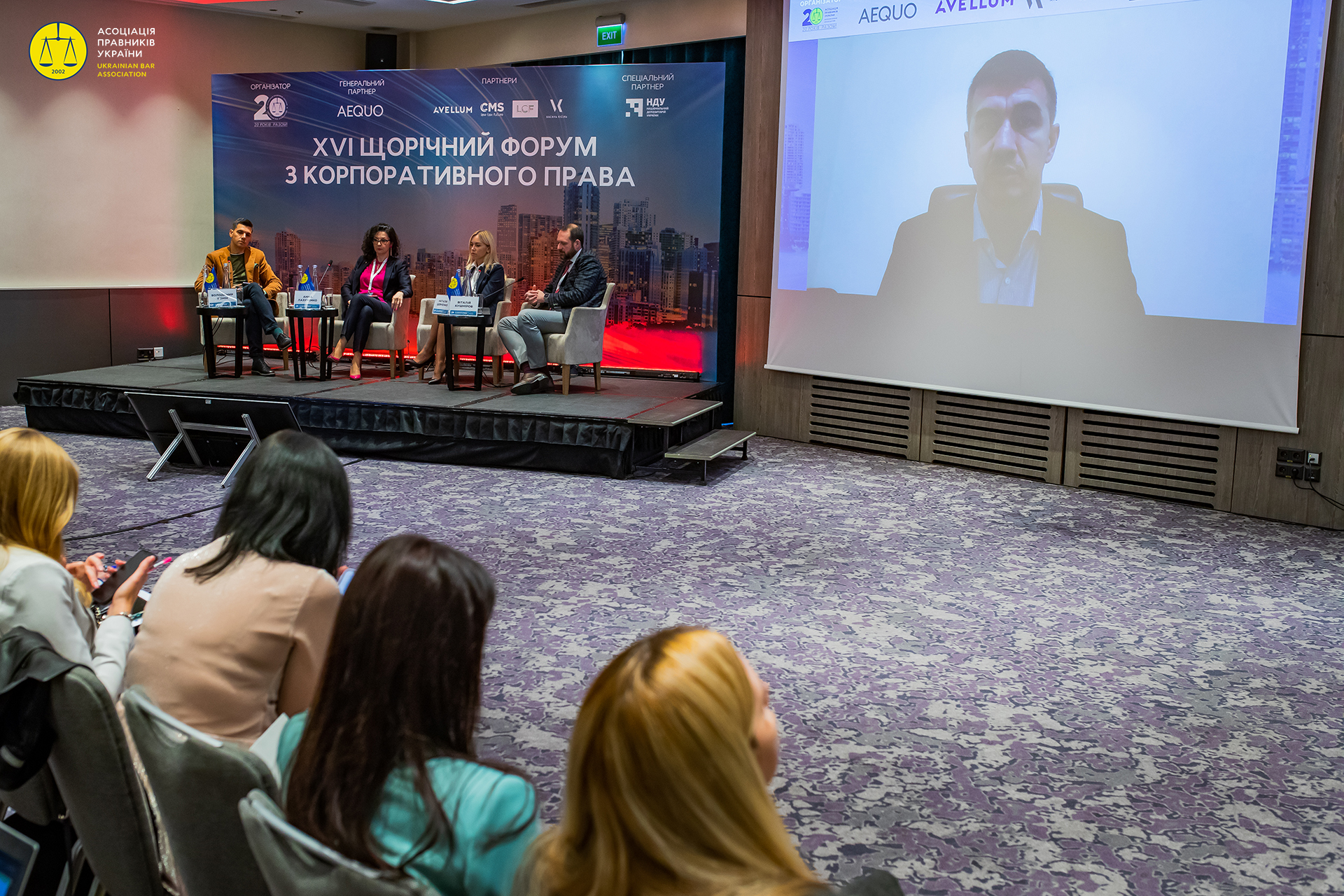
Yuriy Martynyuk, a deputy of the Lviv City Council and lawyer, provided examples of municipal-level corporate governance and emphasized the relevance of ownership policy issues.
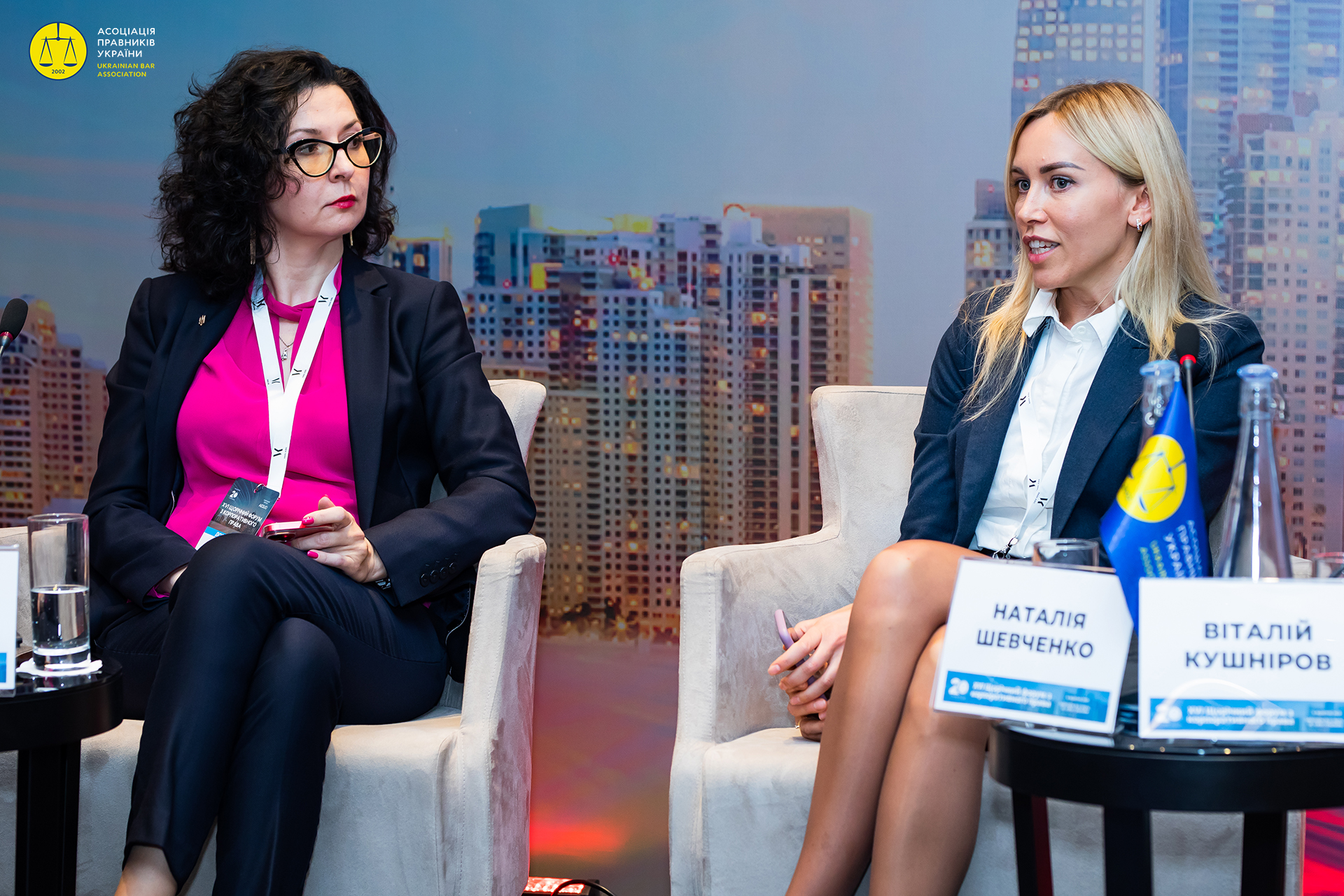
Nataliia Shevchenko, Head of the Methodology and Corporate Relations Department, Corporate Secretary of the National Depository of Ukraine, focused on new requirements for corporate secretaries and provided methodological recommendations. In her view, the requirements are quite formal, while the recommendations have more to do with what a corporate secretary actually needs to know to be effective and beneficial to their company. Ms. Shevchenko emphasized that it is important for a corporate secretary to feel the "fine line that they walk between the board and the supervisory board."
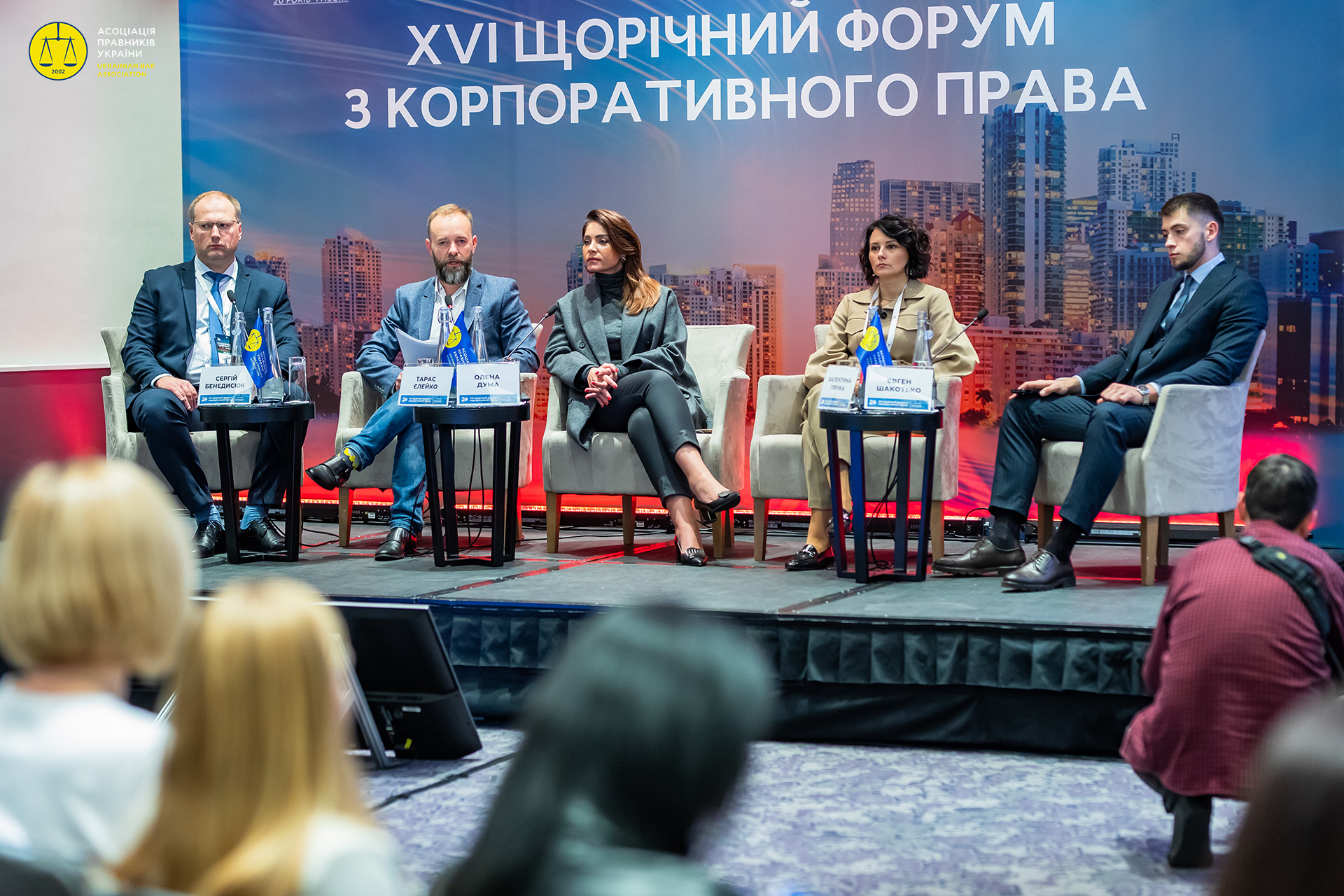
The fourth and final session of the forum was dedicated to the theme of investment attractiveness. Participants in the discussion were invited to consider the following issues:
- The role of private investments in the country's reconstruction.
- Insurance of military and political risks for investors and international support programs for businesses.
- Industries for private investments: key risks and ways to minimize them.
- The law on ‘investment nannies’: recent changes, an overview of key application features.
The session was moderated by Sergiy Benedysiuk, Partner, Head of the Corporate Law and M&A practice at LCF Law Group.
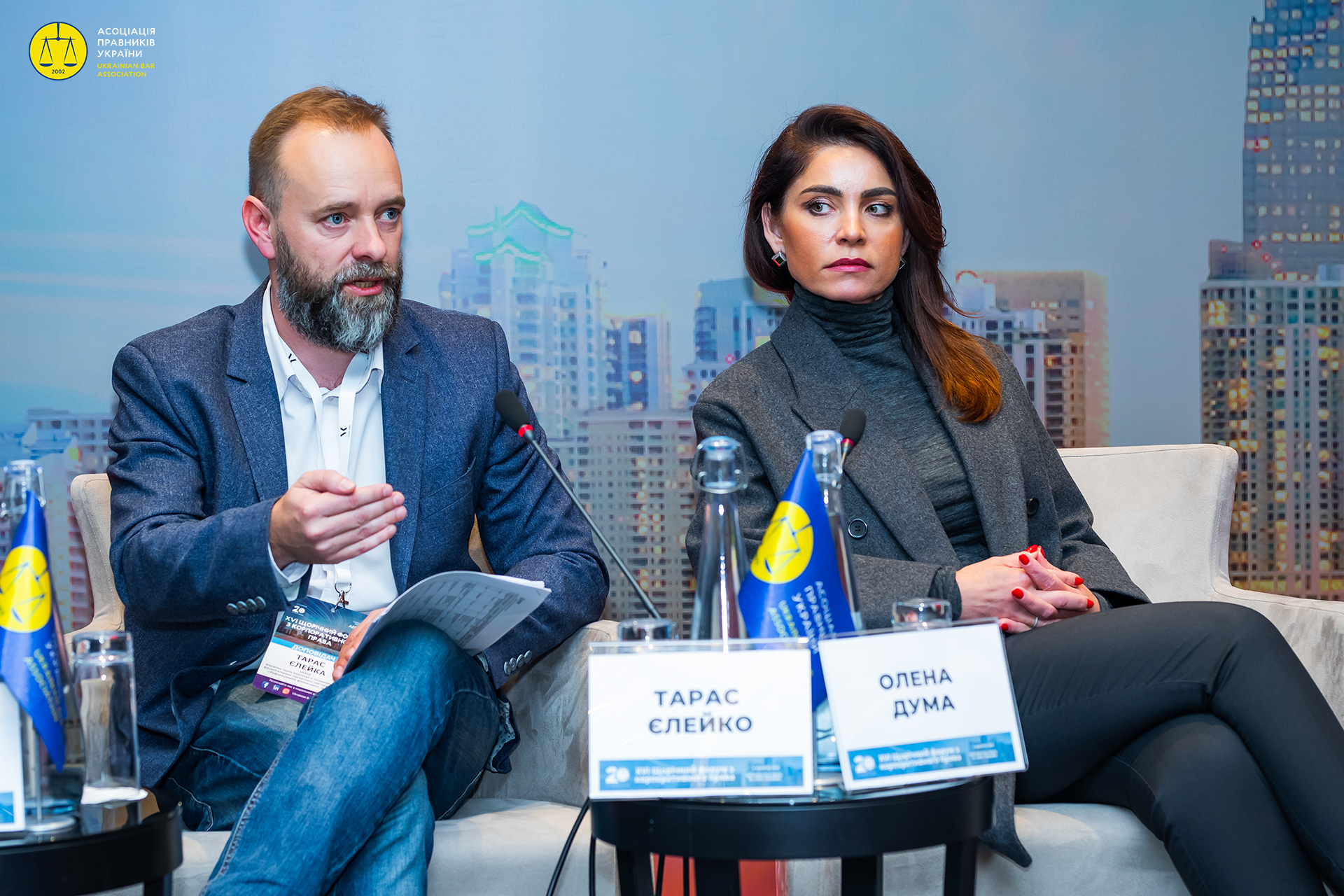
Taras Yeleyko, the head of the interaction with intermediaries and facilitators of the private sector group of the USAID Financial Sector Transformation Project, emphasized that although Ukraine is experiencing a full-scale war, the country has undergone significant changes from an economic standpoint, including changes in logistics. He suggested that the structure of the national economy will have to be radically rebuilt, and the longer the war lasts, the more profound the changes will be.
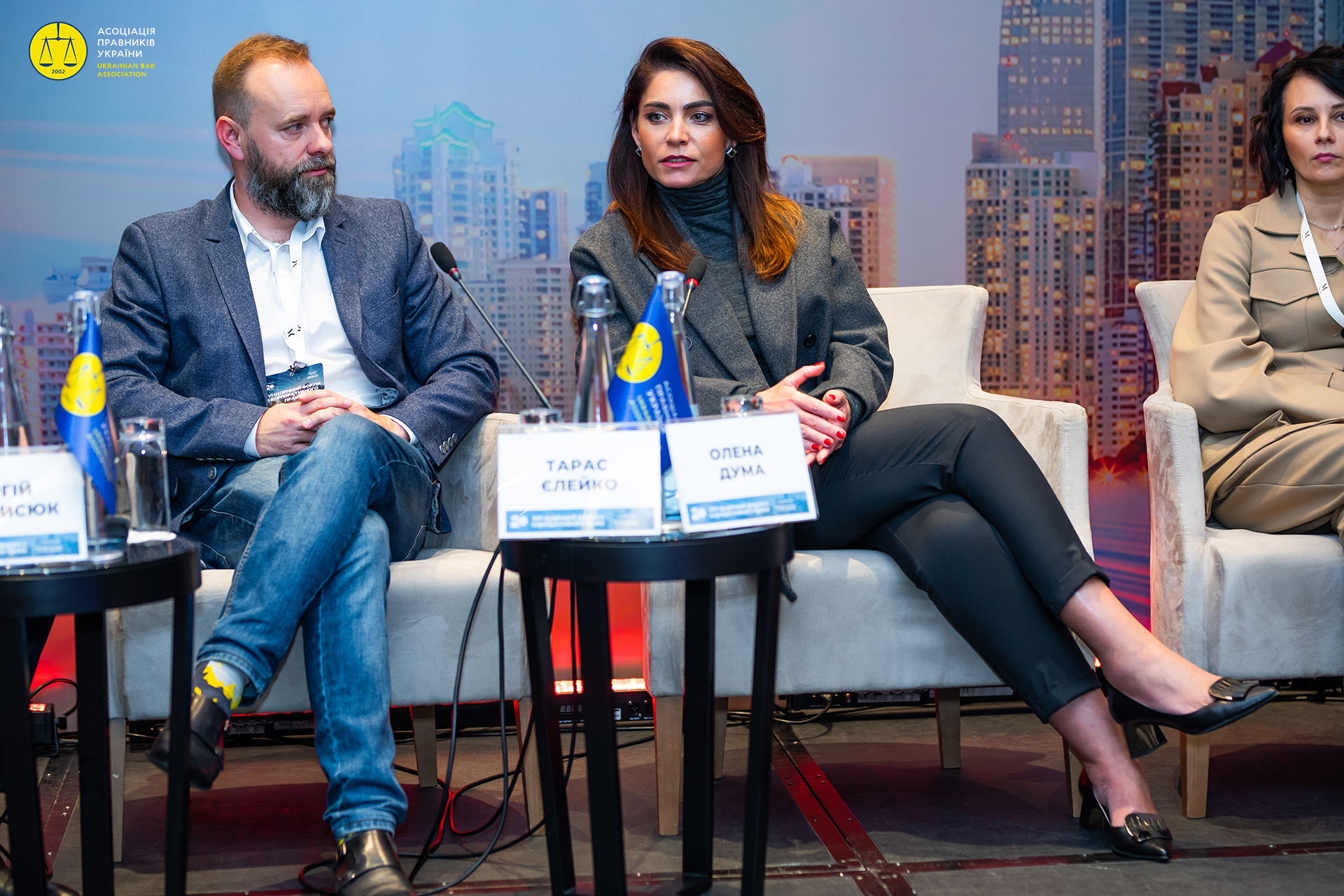
Olena Duma, the head of the Asset Recovery and Management Agency (ARMA), noted that over the years of Ukraine's independence, much property and assets have undergone bankruptcy procedures and taken out of the country. Tens of thousands of criminal proceedings have been initiated in connection with these facts. However, according to the head of ARMA, the responsibility of criminals should not only be legal but also economic. Ms. Duma emphasized that the role of her agency is crucial, as it conducts searches for assets or property that can then be seized.
She explained that ARMA actively cooperates with law enforcement agencies in asset searches. In addition, the agency faces significant challenges against the backdrop of a full-scale war, as the focus is on searching for Russian and Belarusian assets.
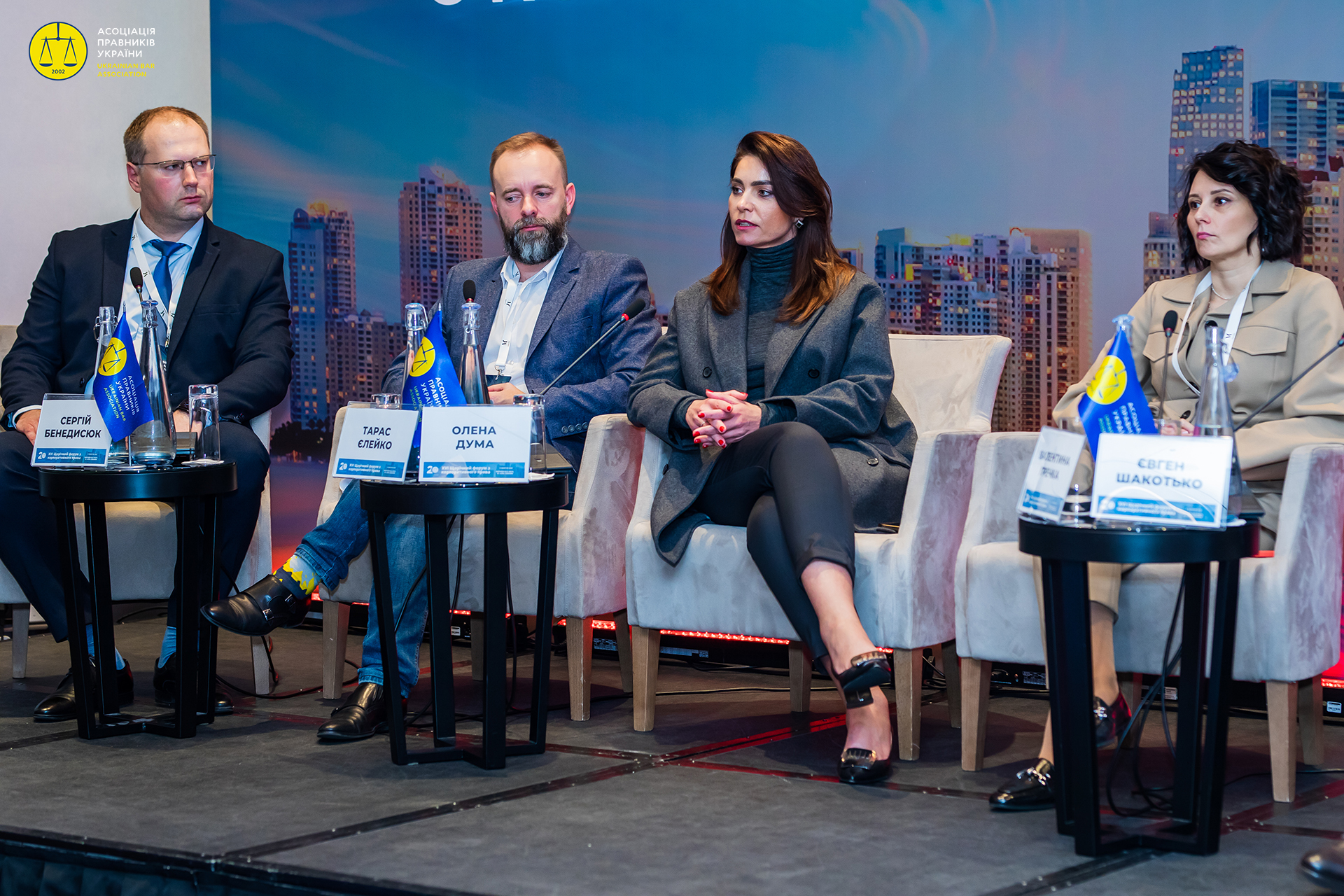
According to Olena Duma, at the state level, the question needs to be addressed whether it is worth stopping the process when an asset is operational, generating income, and providing jobs, only to transfer part of the corporate rights of the asset to the management of another central executive authority.
Valentyna Grechka, Partner at the Investment Company INTELEVRAZ, a member of the Board of the Aspen Institute Kyiv Community, ex-member of the Supervisory Board of PJSC Dniprovska CHP power station, Yevhen Shakotko, head of regulatory policy and government relations at Advantage Ukraine, and Aliona Sumina, a leading expert at the Department of Legal Affairs and Regulatory Policy at UkraineInvest, also joined the discussion at the session.
You can find more photos from the event at this link.
